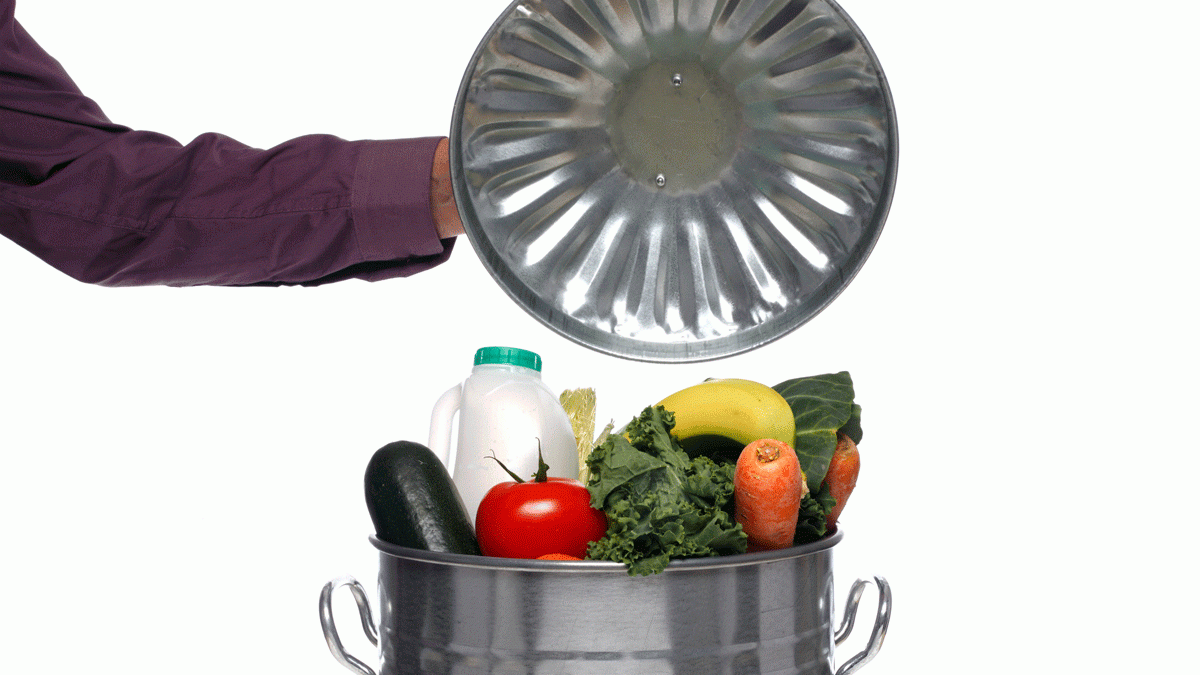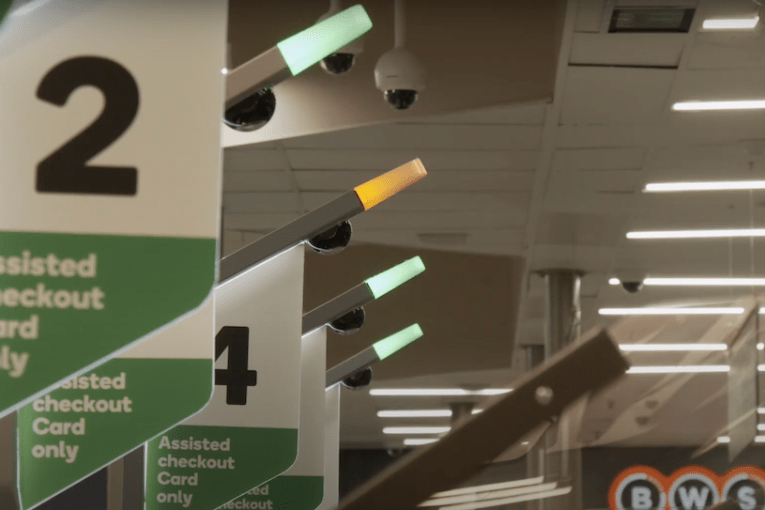The fight against food waste: How shoppers can help tackle a global crisis


If food waste was a country it would be the third highest admitter of greenhouse gases after USA and China. Photo: Getty
A third of all food produced globally goes uneaten, but experts say supermarkets and shoppers can play a major role in ending the waste.
According to the organisers of Stop Food Waste Day – an international event taking place on April 24 – if just a quarter of the food wasted globally was saved, it would be enough to feed all undernourished people in the world.
In Australia, an estimated $20 billion worth of edible food is wasted each year – an average of 298 kilograms per person.
A recent government report attributed more than a third of the nation’s food waste – 34 per cent – to households, followed by primary producers at 31 per cent, manufacturers at 24 per cent, and the hospitality industry at 4 per cent.
Despite the figures suggesting that retailers are responsible for just 3 per cent of the nation’s food waste, supermarkets have a big part to play in tackling the issue, Queensland University of Technology food waste researcher Rudi Messner said
“When you look at how food waste is allocated along the supply chain, retailers always look like the ones with the least food waste,” he said.
“But a lot of food waste that happens in primary production happens because of retail.”
Supermarkets have the power to help “move a surplus that is about to turn to waste” onto households, but they can also “reject it and pass it back to the primary industries”, Mr Messner said.
Australia’s highly concentrated retail market – dominated by Coles and Woolworths, followed by Aldi and IGA – leaves growers with few alternatives if their produce is rejected.
“That might cause farmers to leave stuff on the field and move on rather than spending more money to bring it in and grade it, sort it, wash it and package it,” Mr Messner said.
High “cosmetic standards” imposed by retailers also contribute to wasted produce, he said.
What are the big supermarkets doing about food waste?
Australia’s major supermarkets have committed to combatting food waste in a number of ways.
Coles has pledged to halve food waste in its supermarkets by 2020 by donating unsold edible food to people in need, and diverting other food waste to animal feed, clean energy and compost.
“We currently have 95 per cent of our supermarkets and 100 per cent of our distribution centres connected with either SecondBite or FoodBank, providing them with edible, unsold grocery, fresh produce, meat, dairy and bakery items,” a Coles spokesperson said.
The company is also working with suppliers to reduce their food waste by “redirecting produce that cannot be sold to other value-added products” such as zucchini noodles, sweet potato noodles, sweet potato chips and broccoli and cauliflower rice, the spokesperson said.
Similarly, Woolworths’ ‘Odd Bunch’ range helps farmers sell cosmetically imperfect produce that may otherwise be discarded,
More than 115 million tonnes of the fruit and vegetables have been sold since the range launched, Woolworths head of sustainability Adrian Cullen said.
Last year, Woolworths saved more than 54,000 tonnes of surplus food from going into landfill through partnerships with hunger relief agencies, farmers and commercial composters, Mr Cullen said.
What consumers can do to fight food waste
“Once you become aware of food waste, there’s a lot of stuff you can do as a consumer,” Mr Messner said.
For households, planning the shopping and creating a grocery list in advance is “critical”.
“At the end of the day it also saves money, because supermarkets are structured around specials and promotions … and this is when you buy the stuff you don’t need,” Mr Messner said.
Tips to reduce food waste
- Plan your meals
- Check the cupboards and fridge before you shop
- Use a shopping list
- Eat your leftovers
- Freeze excess food and produce
- Compost food scraps








